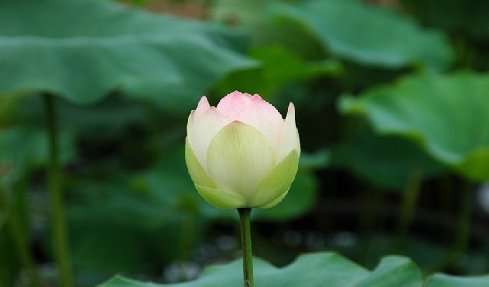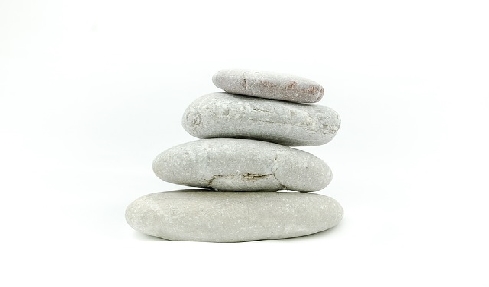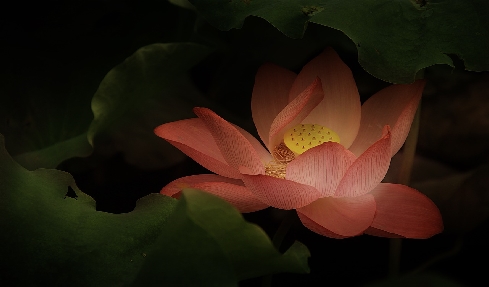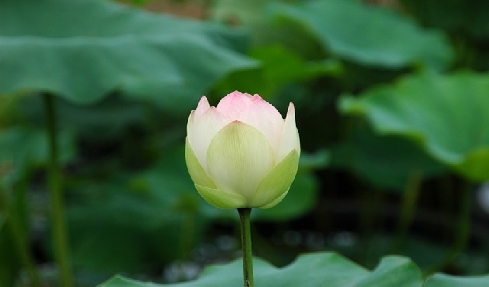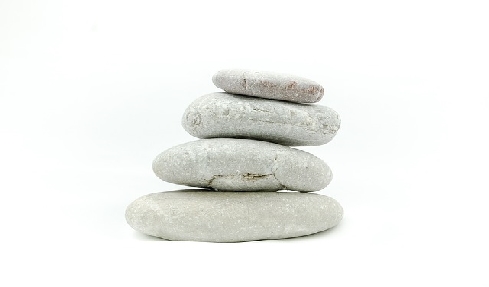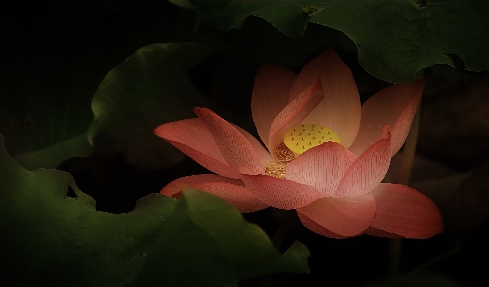Offering of Dharma (during life liberation): Secondly, feed them nectar pills. The use of nectar pills is not emphasized in exoteric Buddhism, but very much so in Vajrayana. Most of the nectar pills were originally handed down by Guru Rinpoche and later discovered by real tertons, finders of terma (hidden treasures). It should be noted that not all nectar pills have beneficial effect.
[Excerpt from Luminous Wisdom Book Series 1: The Right View ~ Liberating Living Beings]



